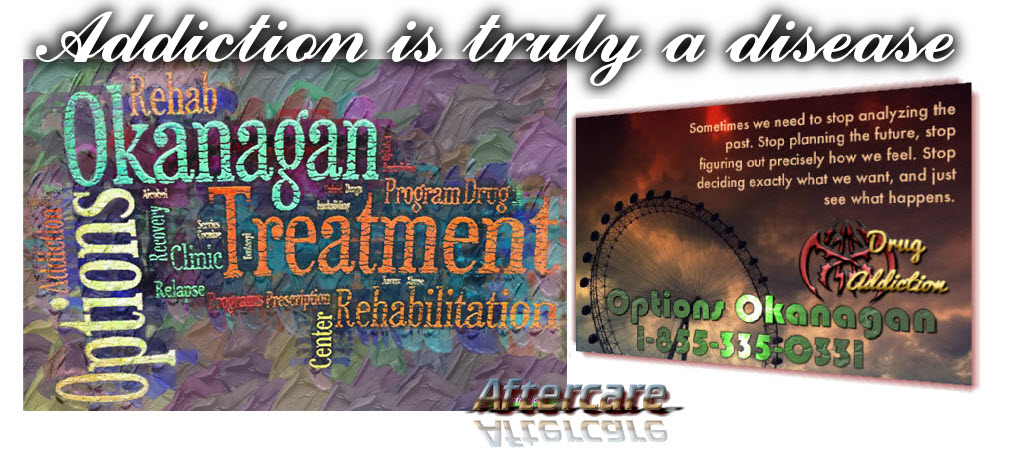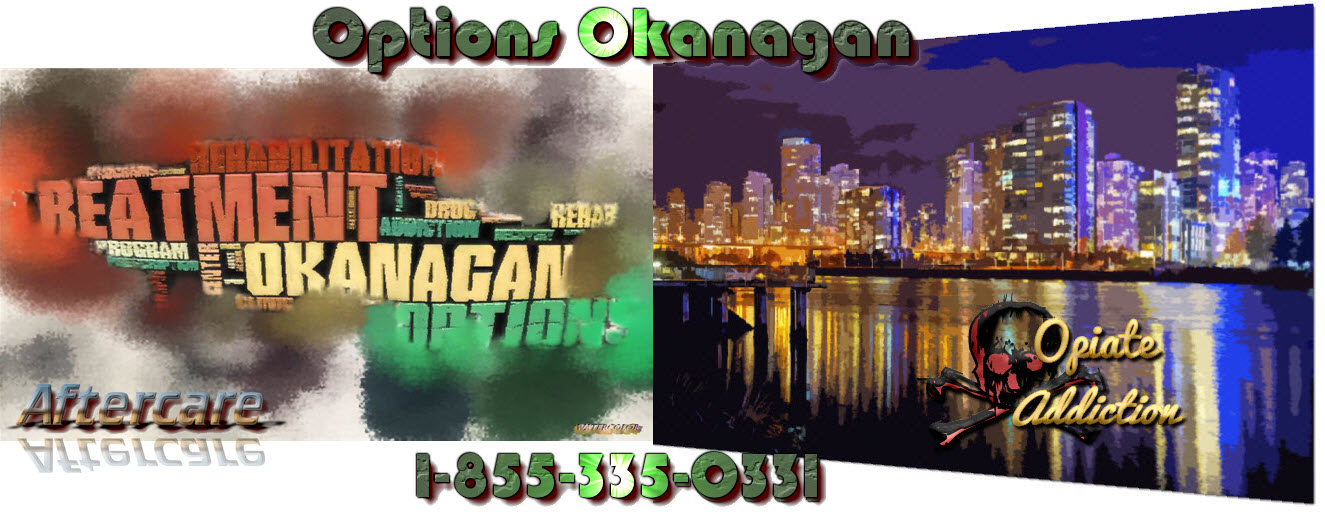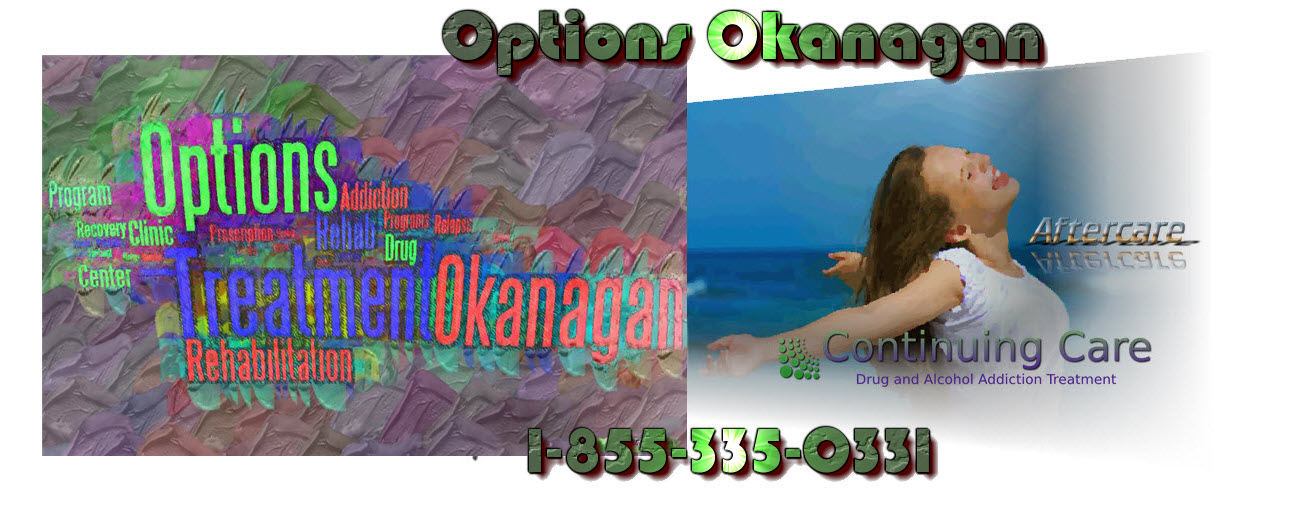Alcohol and drug abuse will increase in Canada and the US, but also globally from this COVID-19 virus pandemic. Mental Health Disorder Treatment Clinics and Programs in Alberta and BC – Opioid and prescription drug rehab programs in Alberta and British Columbia – Options Treatment Center in Kelowna, British Columbia treating opiate, prescription drug, fentanyl, heroin, and alcohol addiction and recovery.
Drug Rehabs In Alberta And BC
[People Who Use Drugs – (PWUD)]
What are the dangerous risks for People Who Use Drugs (PWUDs) during this COVID-19 pandemic?
Sharing devices for drug use can increase the risk of infection.
While the PWUD that share the injection materials increases the risk of infection with blood-borne viruses such as HIV and hepatitis B and C viruses, sharing inhalation, smoking, or injection devices contaminated with COVID-19 can increase the risk of infection and also increases the chances in spreading the virus. The majority of the time the COVID-19 virus will spread from one individual to another, which may occur between individuals who are close together (within 6 feet) of each other, and through the breath drops that occur when infected individuals sneeze or coughs. This virus can also survive for a relatively long time on several surfaces. While mitigation reports generally focus on risks associated with injection, less attention is given to other administrative routes. COVID-19 outbreaks can involve additional risks that are currently not widely known, such as drug paraphernalia, sharing of joints, cigarettes, vaping devices, and others.
COVID-19 Pandemic & Drug Addiction In Alberta And BC
Population density will increase the risks of COVID-19 exposures.
The characteristics of several facilities visited by drug users (PWUD) can increase the risk of exposure to the COVID-19 virus:
Leisure drug use is often carried out in a crowded group or environment, increasing the risk of exposure to COVID-19. This can be managed and reduced to some extent by the use of socially distancing by following established security policies or other actions to reduce the use or access to high-risk places.
Alcohol and drug treatment facilities, low threshold services, and social assistance services for PWUDs can have areas where social distancing is difficult, such as waiting rooms or public facilities. As with other settings, proper distance recognition and hygiene practices are very important.
Homeless PWUDs often have no choice but to spend time in public spaces and do not have access to personal care resources. Seclusion is a major challenge for the homeless and access to health services is often very limited. For answers in this field, it is important to answer the needs of PWUD who are homeless or in unstable homes.
Managing the risk of transmission of COVID-19 seems very difficult in prison. The prevalence of drug use and infectious diseases is high in prisons. This is a closed environment where overcrowding, poor infrastructure, and late diagnosis have been documented.
The risk of disruptions to drug services, clean drug use devices, and vital drugs.
Continuation of care for PWUDs who use drug services can be a challenge in terms of staff shortages, interruptions and closures, self-isolation, and restrictions on freedom of movement. In this context, emergency planning and sustainability are very important. Small medical facilities and services funded locally and managed by NGOs that operate together with the formal structure of the public health system may be very vulnerable and may not have access to additional resources needed to ensure continuity of care.
There is a risk of limited access to opioid replacement therapy and other major drugs, as well as clean devices for drug use, especially when community pharmacies need to reduce hours and services and stop methadone control. Access to treatment is likely to be very difficult for entrepreneurs who are locked up or quarantined.
Traffic restrictions in some places because COVID-19 can also disrupt the drug market and reduce the supply of illegal drugs. This can have a number of implications, especially for drug addicts, and can lead to increased demand for drug services.
The coronavirus pandemic trauma will cause more alcohol and drug abuse not just in Canada but world drug abuse.
More risks for drug users or (PWUDs) during this COVID-19 pandemic. – [ Part 03 April 21 ]
Options Okanagan Opiate and Alcohol Treatment Centers in Kelowna, Salmon Arm and Vancouver, British Columbia – Men and Women are recovering and healing from Alcohol and Drug Abuse at our treatment center here in the Okanagan right now.
Our unique and distinctive Opiate Drug and Alcohol treatment program allow men and women to come in from Calgary as well as Edmonton as we offer airport pickup.
Numerous clients come to us from Vancouver, Calgary, and Edmonton and other locations in Alberta and even other provinces for Opiate addiction treatment, heroin drug treatment, many other drugs, and alcohol addictions for rehabilitation because of the uniqueness of our treatment center.
Our (Kelowna) Alcohol and Drug Treatment Program Location:
(Not Mailing Address) – Contact Us – Web Page
For Mail Delivery :: Please contact each center for correct mailing addresses, also this location is the location of our residential treatment programs in Kelowna. Please call Toll Free 1-855-335-0331 – to contact the treatment center you are going to for the address and directions.
Options Okanagan Drug and Opiate Treatment Center
551 Sherrydale Crescent, Kelowna, British Columbia, V1V 2E6
Toll-Free Phone Number: 1-855-335-0331




